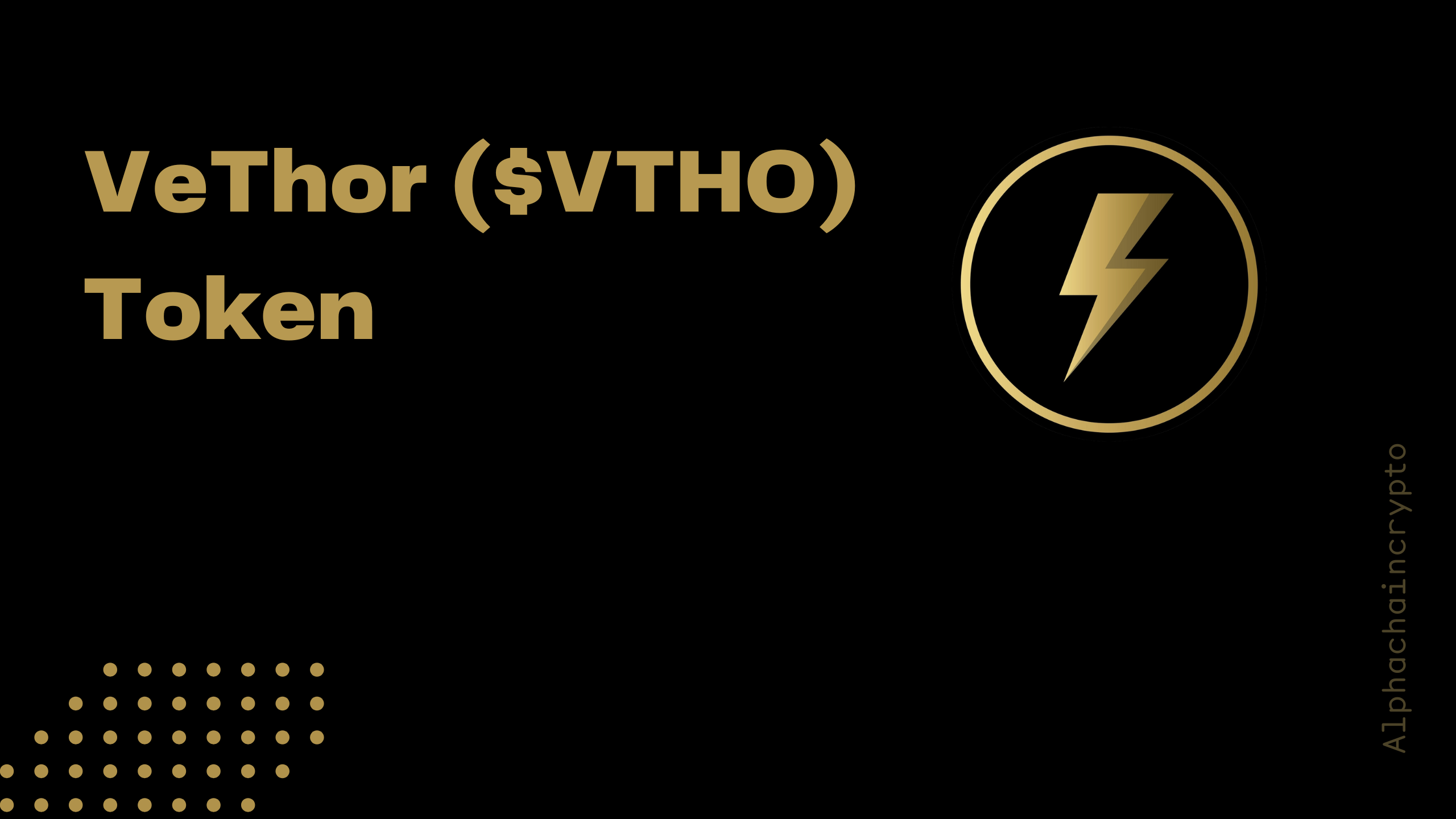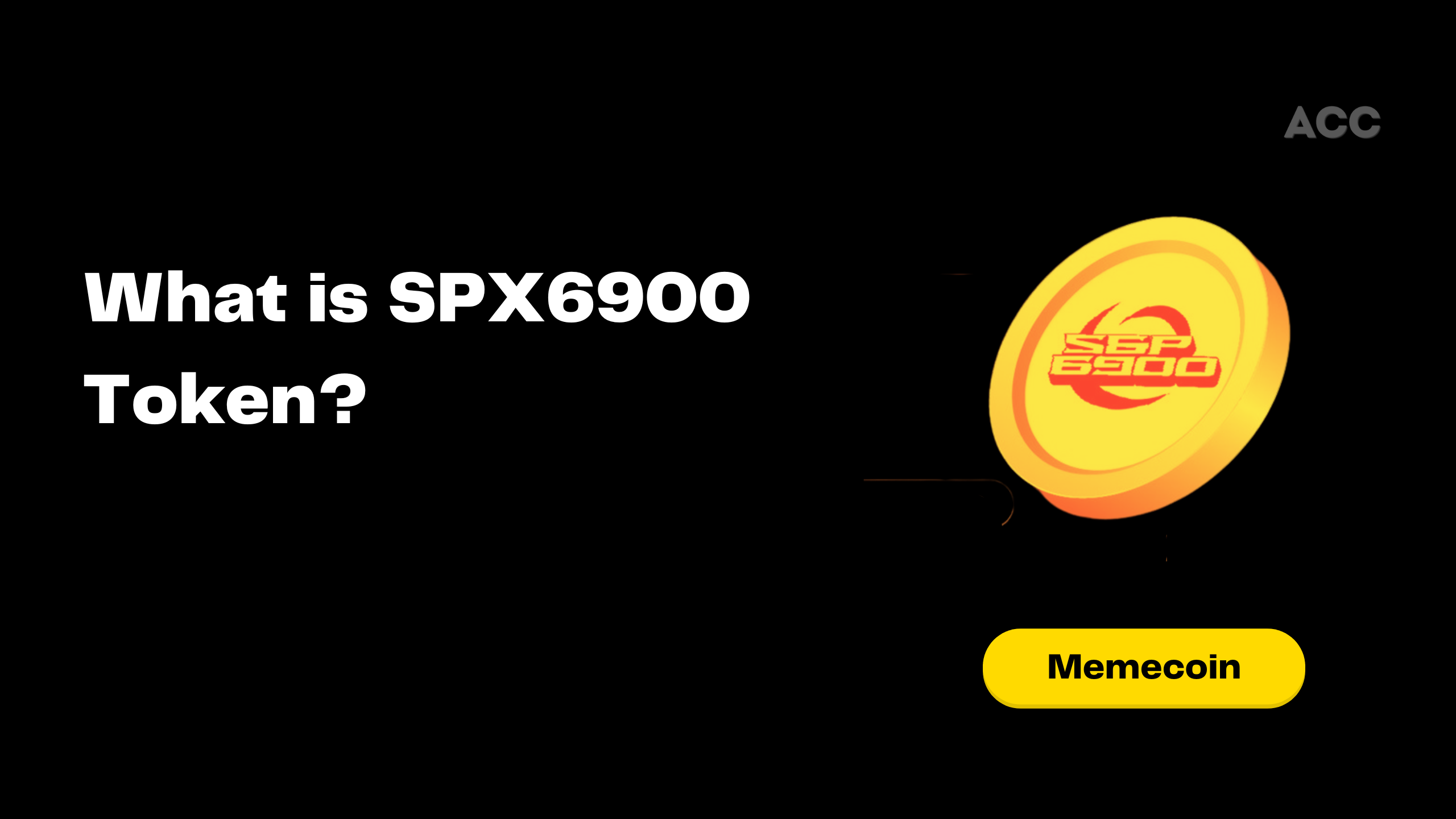Solana is a high-performance blockchain platform designed to support decentralized applications (dApps) and cryptocurrencies. Known for its scalability, speed, and low transaction costs, Solana has quickly gained traction in the blockchain industry and has often been referred to as an “Ethereum killer.” This term is attributed to its ability to tackle the limitations of Ethereum, such as high gas fees and scalability issues, while providing a seamless environment for developers and users.
In this article, we’ll explore Solana’s unique consensus mechanism, its founding team, the top wallets supporting Solana, and how it competes with Ethereum.
What is Solana?
Solana is an open-source blockchain platform that was launched in 2020 by the Solana Foundation, based in Geneva, Switzerland. The platform’s primary focus is to provide high throughput and low-latency solutions to the blockchain industry. Unlike other blockchains that struggle with scalability issues, Solana offers the capacity to handle thousands of transactions per second (TPS) while maintaining low costs, making it one of the fastest and most affordable blockchains in the market.
Key Features of Solana:
- High Scalability: Solana can handle up to 65,000 transactions per second (theoretical maximum) without compromising decentralization.
- Low Transaction Fees: The average cost of a transaction on Solana is $0.00025, making it highly cost-effective.
- Developer-Friendly: Solana supports multiple programming languages, making it easier for developers to build dApps and integrate smart contracts.
The Consensus Mechanism Behind Solana: Proof of History (PoH)
One of Solana’s standout features is its innovative consensus mechanism called Proof of History (PoH). While most blockchains rely on traditional consensus models like Proof of Work (PoW) or Proof of Stake (PoS), Solana incorporates PoH to enhance its speed and efficiency.
What is Proof of History (PoH)?
Proof of History is not a consensus mechanism in itself but rather a cryptographic clock that establishes the order of events in the blockchain. It serves as a record of historical events that ensures the network operates in a trustless and decentralized manner. PoH reduces the time required to confirm transactions, allowing validators to process transactions in parallel.
How PoH Works:
- A cryptographic hash function records timestamps for every event or transaction.
- These timestamps create a historical sequence of events.
- Validators verify the sequence rather than recalculating it, significantly reducing validation time.
Integration with Proof of Stake (PoS):
While PoH serves as the system’s foundation, Solana still relies on a PoS consensus mechanism for validating blocks and securing the network. Validators stake SOL tokens to participate in block validation and earn rewards.
Advantages of PoH and PoS in Solana:
- Speed: PoH minimizes network latency, enabling faster transactions.
- Scalability: By reducing the computational workload for validators, the network scales efficiently.
- Energy Efficiency: Compared to PoW, Solana’s consensus mechanism is far less energy-intensive.
The Founders of Solana
Solana was founded in 2017 by Anatoly Yakovenko, Greg Fitzgerald, and Raj Gokal. These visionary leaders brought extensive experience in software engineering and blockchain technology to the project.
Anatoly Yakovenko
Anatoly Yakovenko is the co-founder and CEO of Solana. Before founding Solana, he worked as an engineer at Qualcomm, where he specialized in designing distributed systems and compression algorithms. Yakovenko’s expertise in high-performance computing played a pivotal role in developing Solana’s Proof of History.
Greg Fitzgerald
Greg Fitzgerald is the co-founder and principal engineer of Solana. He previously worked at Qualcomm, where he collaborated with Yakovenko. Fitzgerald contributed significantly to Solana’s core architecture and programming framework.
Raj Gokal
Raj Gokal serves as Solana’s COO. He has a background in venture capital and technology startups, bringing business acumen and operational expertise to the team.
The founding team’s combined experience in software engineering, cryptography, and entrepreneurship has been instrumental in making Solana a leading blockchain platform.
Top Solana Wallets
To interact with the Solana blockchain, users need a compatible cryptocurrency wallet. These wallets store SOL tokens and facilitate transactions, staking, and dApp integration. Here are the top wallets supporting Solana:
1. Phantom Wallet
Phantom is one of the most popular non-custodial wallets for Solana. It offers an intuitive interface, secure storage for SOL and SPL tokens, and seamless integration with dApps. Phantom also supports staking, allowing users to earn rewards.
2. Solflare Wallet
Solflare is a versatile wallet for Solana, available as a web, mobile, and browser extension. It offers robust security features, including hardware wallet integration with Ledger. Solflare supports staking, token management, and NFT storage.
3. Ledger Nano X and Nano S
Ledger is a hardware wallet that supports Solana and provides the highest level of security. By storing private keys offline, Ledger ensures protection against hacking and phishing attacks.
4. Sollet Wallet
Sollet is a web-based wallet designed for advanced users. It supports SPL tokens and integrates seamlessly with Solana-based dApps. While not as user-friendly as Phantom or Solflare, Sollet is a reliable option for developers and power users.
5. Exodus Wallet
Exodus is a multi-currency wallet that supports Solana along with other cryptocurrencies. It features an intuitive interface, staking options, and a built-in exchange for token swaps.
Is Solana an Ethereum Killer?
The term “Ethereum killer” is often used to describe blockchain platforms that aim to outperform Ethereum in terms of scalability, speed, and cost. Solana is one of the most promising contenders in this category, and here’s why:
1. Scalability
Ethereum currently supports around 15–30 transactions per second, while Solana can handle up to 65,000 TPS. This massive difference in throughput makes Solana a better option for high-traffic dApps and DeFi projects.
2. Transaction Costs
Ethereum’s gas fees often exceed $10–$50 during network congestion. In contrast, Solana’s transaction costs are a fraction of a cent, making it a more affordable solution for developers and users.
3. Smart Contract Development
Both Ethereum and Solana support smart contract development, but Solana’s programming framework is designed to be faster and more efficient. Solana uses Rust, which is known for its performance and security.
4. Energy Efficiency
Ethereum’s PoW mechanism is energy-intensive, though the transition to Ethereum 2.0 with PoS aims to address this issue. Solana’s PoH and PoS hybrid model is already energy-efficient, giving it a head start.
5. Adoption and Ecosystem
Solana has attracted numerous high-profile projects, including decentralized exchanges (DEXs), NFT marketplaces, and DeFi platforms. Its growing ecosystem challenges Ethereum’s dominance in the space.
Additional Reading: How to stake Solana using Phantom wallet?
Challenges Facing Solana
While Solana has many advantages, it’s not without challenges:
- Centralization Concerns: Critics argue that Solana’s validator network is more centralized than Ethereum’s.
- Network Outages: Solana has experienced several outages, raising questions about its reliability.
- Competition: Ethereum’s transition to Ethereum 2.0 and the rise of other blockchains like Binance Smart Chain and Polkadot increase the competitive pressure on Solana.
Conclusion
Solana is a revolutionary blockchain platform that addresses the scalability and cost issues plaguing Ethereum and other first-generation blockchains. With its innovative Proof of History mechanism, high throughput, and low transaction costs, Solana has established itself as a top contender in the blockchain space. Its robust ecosystem and developer-friendly infrastructure continue to attract projects and users, making it a formidable competitor to Ethereum.
However, whether Solana can truly replace Ethereum remains to be seen. Ethereum’s vast developer base, established ecosystem, and upcoming upgrades present significant challenges. Nonetheless, Solana’s innovations and rapid growth have solidified its position as one of the most promising blockchain platforms.

A.k.a – alpha girl. Vinita is the founder of Alphachaincrypto. An English Lit Majors, Vinita bumped into Web3 in 2020 only to realise that tech was her calling. Later, Mathreja worked for some notable brands like Near Education, Biconomy, CoinDCX and top of the line crypto start ups.





